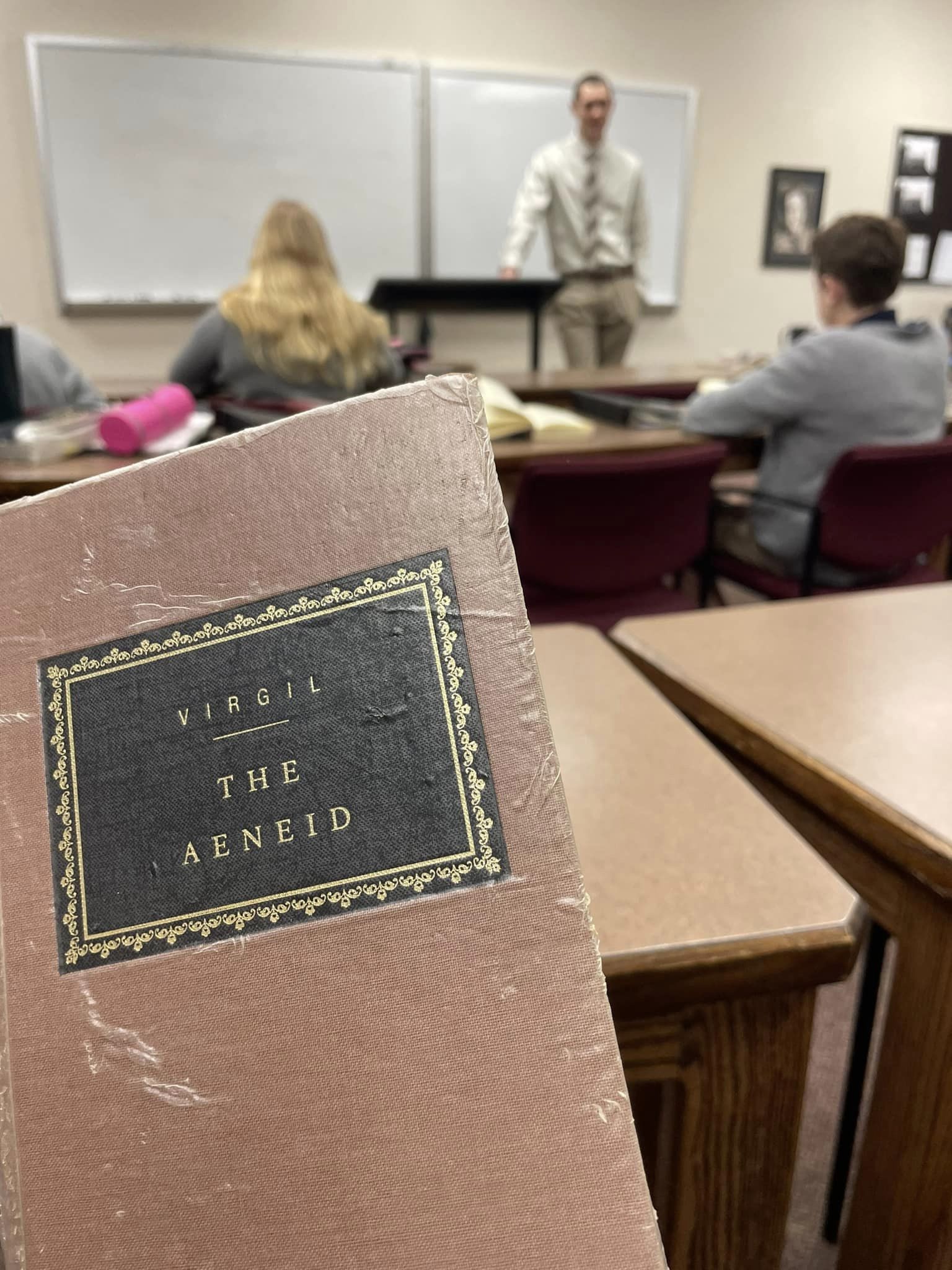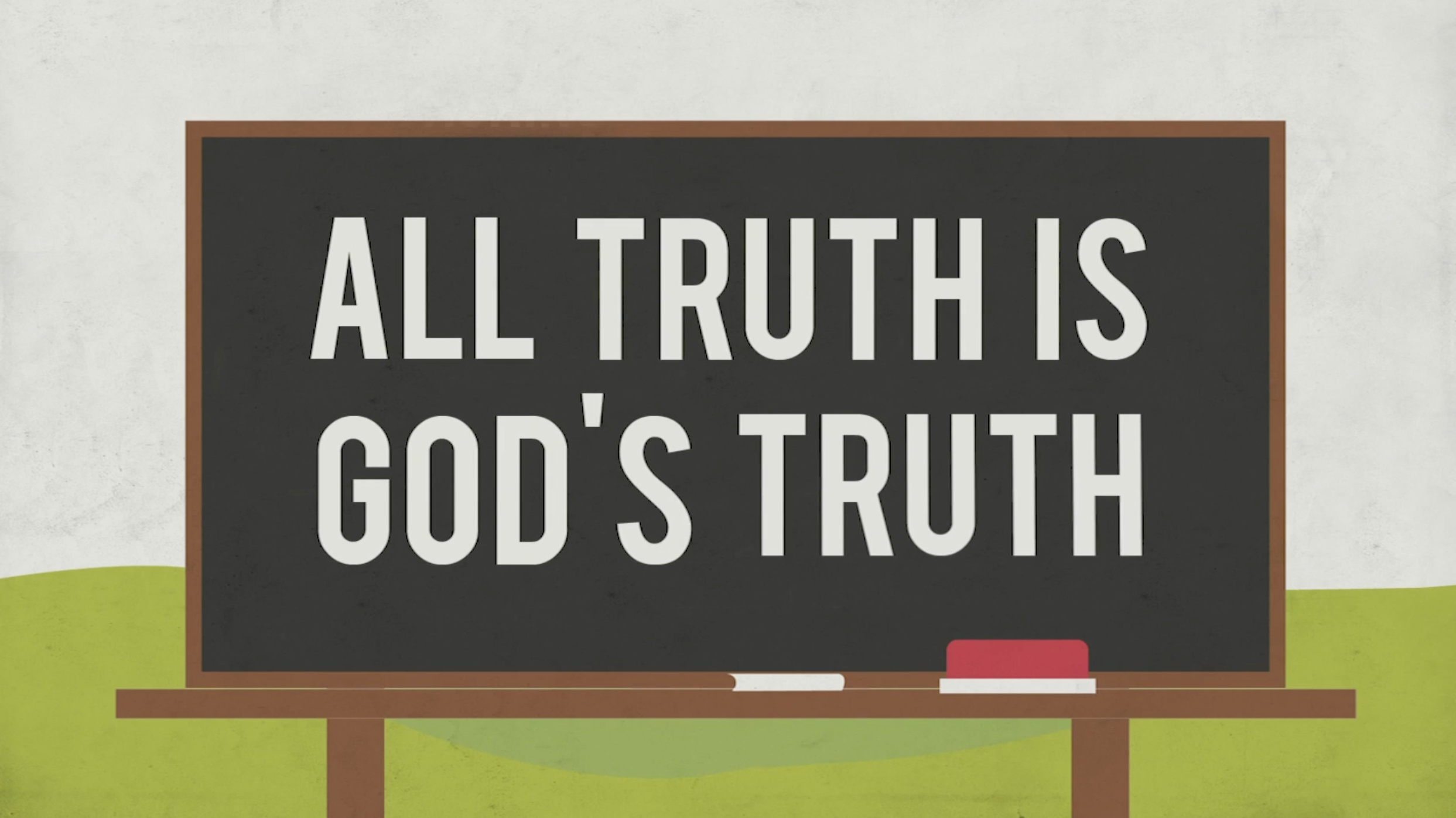The classical school approach offers a fundamentally different vision of education that families fed up with a factory approach to learning find compelling.
Alexandra Desanctis, recently wrote in the National Review of the exponential growth of the classical Christian school movement. What accounts for the growing popularity of these classical and classical Christian schools? Why are so many families opting for a return to an older way of educating their children? Strange as it may seem, I believe this classic Chipotle video helps explain the reasons for the rapid spread of these schools.










